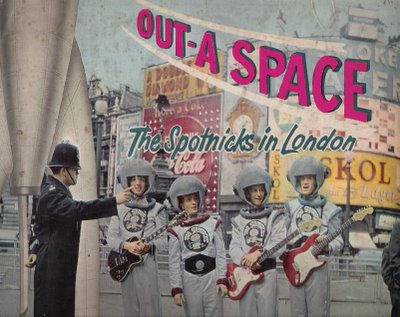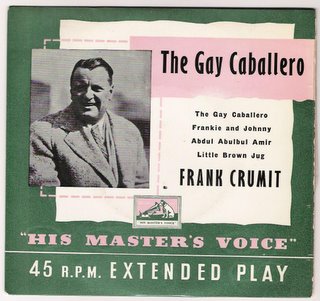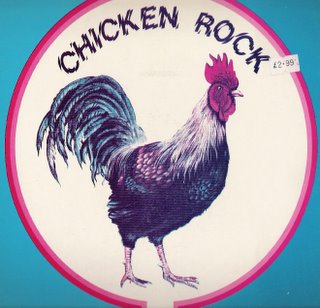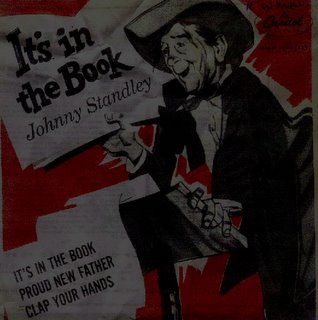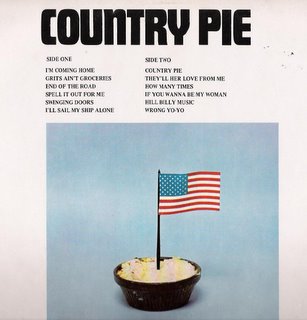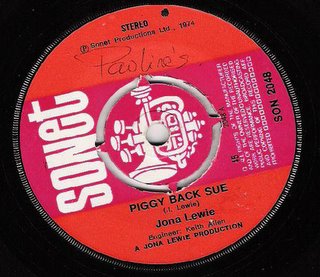
"In 1936, Michael Flanders and Donald Swann met at school in Westminster. Little did they know at that point the partnership they were going to make in later years, to become famous and release several recordings of their highly successful revues, and remembered for many years after their deaths.
At the Westminster school, they worked together for the first time in 1939, when Donald, born in 1923 in Llanelli to Russian parents, provided piano music for a revue called 'Go for it' that Michael, born in 1922 in London, was performing in. After school, both men went to Christ Church, Oxford, but they had little to do with each other. The war then came into the frame, Michael serving on a destroyer, and Donald in the Ambulance service in Greece and Palestine. It was during this time that Michael contracted Polio after his ship was torpedoed, and was made wheelchair-bound for the rest of his life. Following the war, the two got back together, and set about writing songs; Donald providing the music, while Michael, who originally wanted to be an actor, writing the words.
The first revue they contributed to, Oranges and Lemons, featured the song In The D'Oyly Cart, a send-up of Gilbert and Sullivan. The show started in 1948, and ran for a couple of years. Following the first revue were Penny Plain, Airs on a Shoestring and Pay the Piper, all of which, like the first, directed by Laurier Lister, and starring other performers such as Joyce Grenfell and Ian Wallace. After these, in 1950, the pair made their first step towards independence, performing songs in the Whistler Ballroom in 1950.
The pair, renown for their revue-writing talents, were invited to give a lecture on this topic at the Dartington School of Music in 1956. It was here Michael started to introduce each song with a short narrative. This, he found, went down as well with the audience as the songs themselves, and so this was integrated into the performance, and in 1959 the duo performed their first fully-fledged revue of their own, At the Drop of a Hat, at the New Lindsay theatre in Notting Hill gate.
After three weeks, the show was moved to the Fortune theatre in the West end, where it ran for over 750 performances. It was during this run the performance was recorded by George Martin (of Beatles fame). 1959 also saw the first US tour, and one to Switzerland, and the recording of their first studio album, The Bestiary of Flanders and Swann. The pair toured England after this, and then, in 1963, their second revue opened at the Haymarket theatre. At the Drop of Another Hat ran for almost a year, and was recorded, like the first show. The pair toured Australia at this time also.
After Another Hat, the F&S found the format of revues rather restricting, and branched out into other areas. Michael Flanders Narrated many radio shows, stories and documentaries, and presented radio quiz shows. Donald wrote more music, including for the Hoffnung concerts. They did have a final tour, and very successful it was too, and then they decided to stop 'while they were ahead'. "
This album "The Bestiary" released in 1961 in the U.K. and later in the U.S. but without "The Wompom" which is a shame as it's by far the best track and funniest as Flanders and Swann add an array of vocal gymnastics not heard on any of their other records.
Flanders & Swann - The OstrichFlanders & Swann - The WompomThese
Rapid Share files are accessible by scrolling down the page and clicking on the FREE button. Wait at the bottom of the page for your file to appear ( about 20 seconds ).








